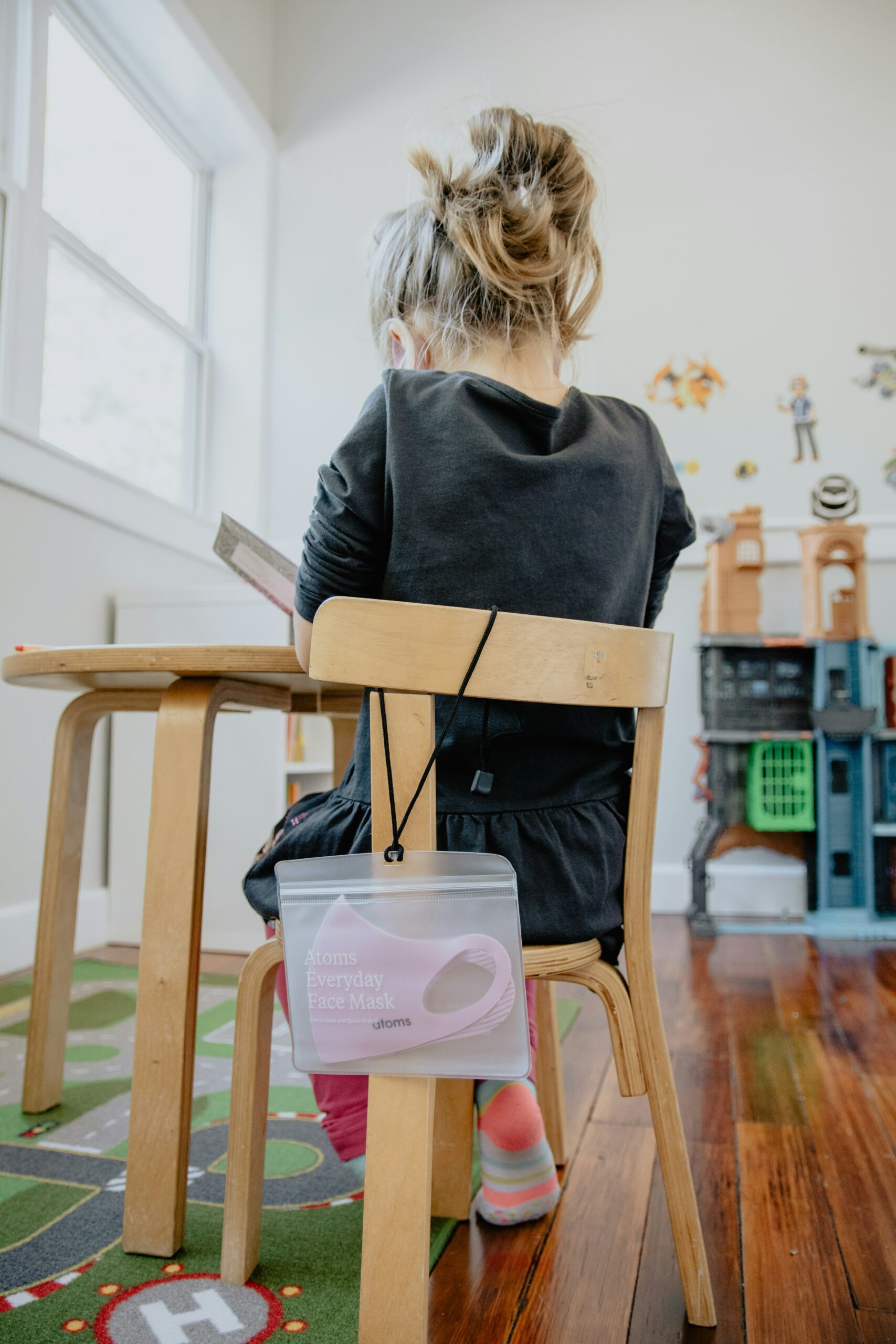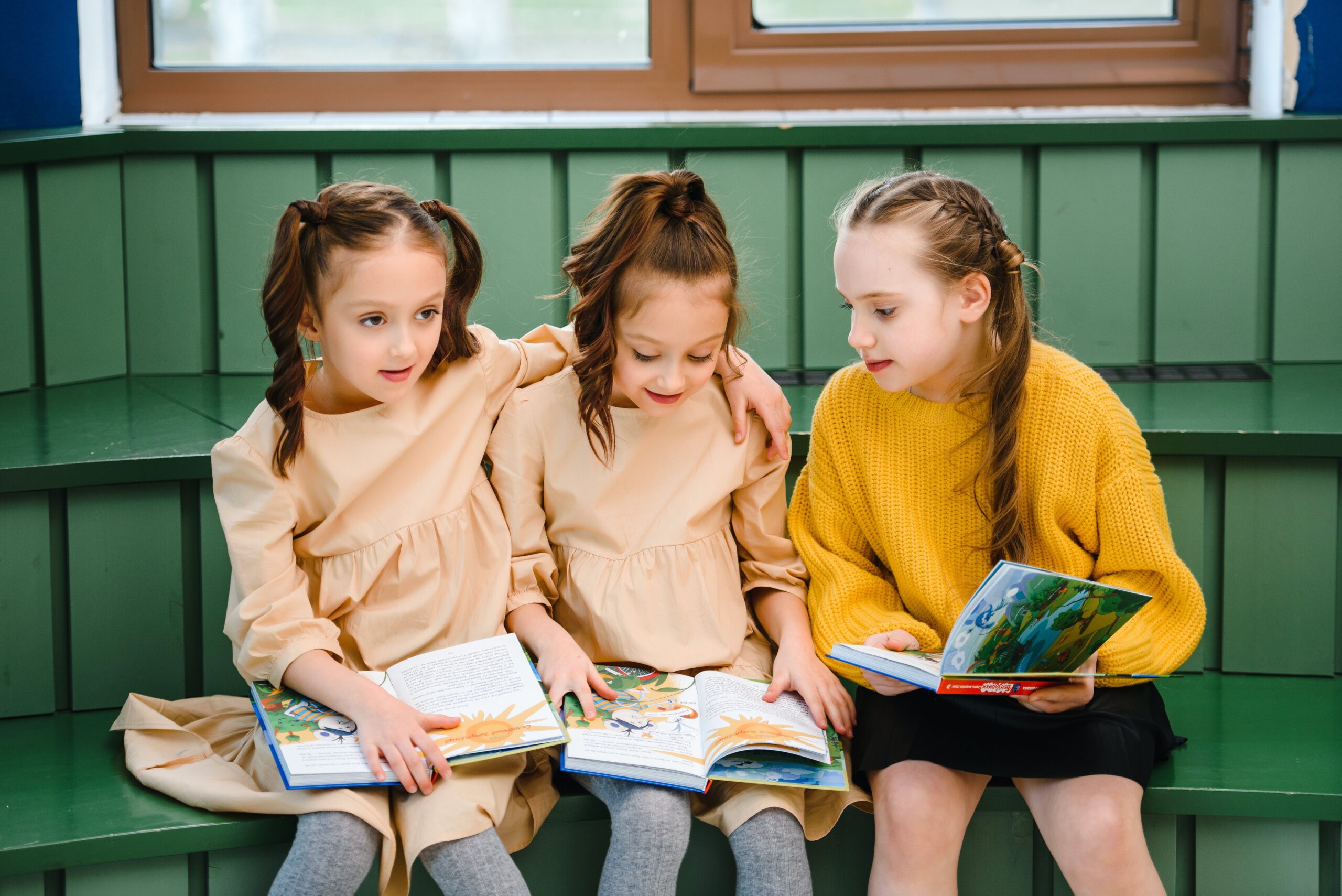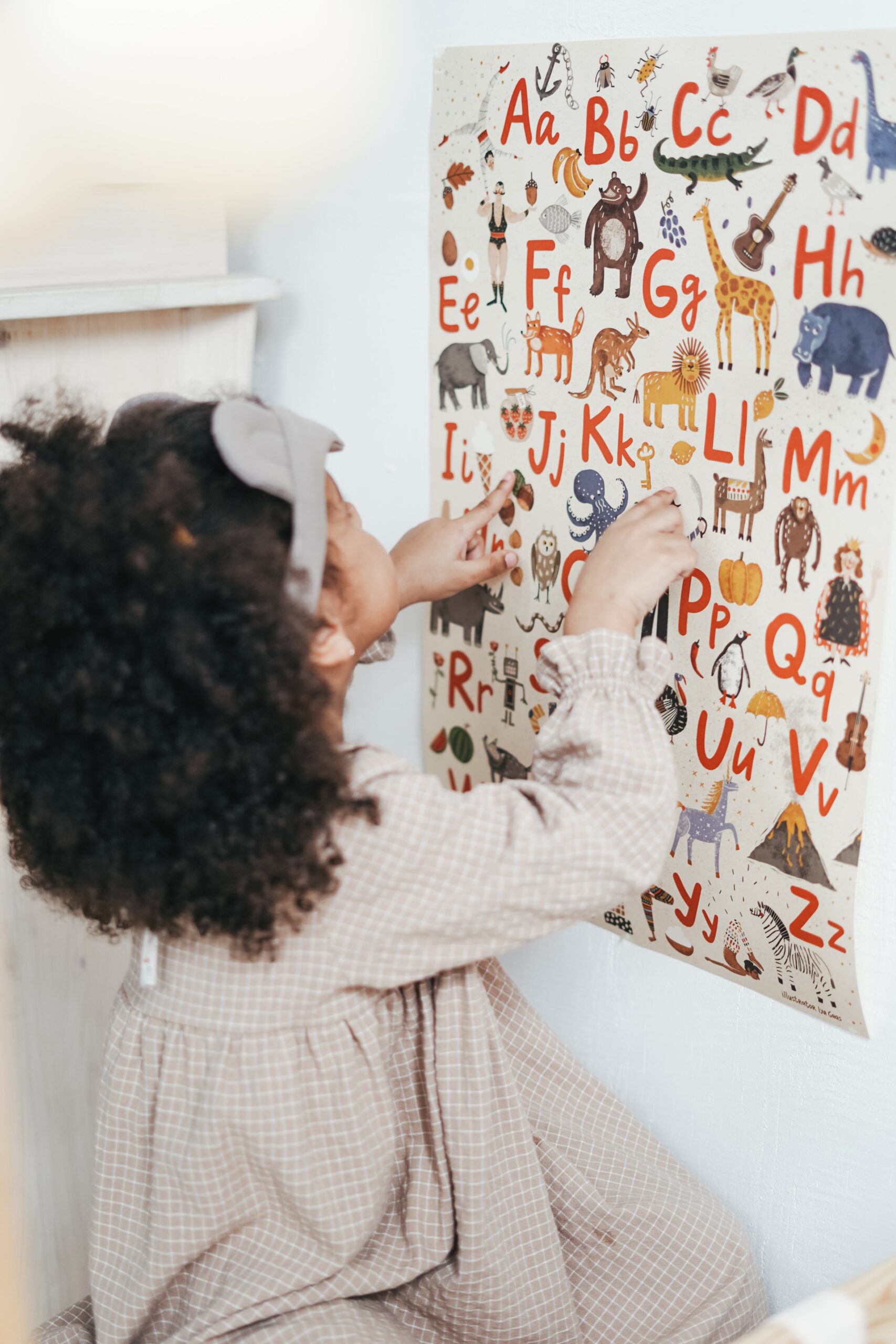Homeschoolers Benefit From a Variety of Social Opportunities
Homeschooling families across the United States have encountered questions and concerns over socialization. From well-meaning family members to intrusive strangers, people who have never homeschooled or who were never homeschooled question how true socialization can occur.
Dictionaries define socialization as the ability to train for certain social environments and adapt to social needs. As an essay writer, I know a lot of people who usually question the socialization of homeschooling are relating socialization to the ability to interact with children of similar ages in large group settings.

Opportunities for Homeschoolers to Socialize are Many
As homeschooling becomes more popular, or at least more discussed, so increases the opportunities for homeschooling families. Homeschool support groups are growing rapidly and providing children with many opportunities to experience friendships, large group activities, and more.
Homeschool groups offer weekly gym times, art classes, tours of local businesses, park days, book clubs, sporting events, and anything else the parents decide to arrange.
Many who homeschool find that there is time available in which to participate in varieties of activities without the pressure of extensive hours of homework or missing family time.
Through all of these activities, homeschooled children are socializing. They are learning to interact with neighbors, business owners, and friends.
Homeschooled Children Have Friends and Participate in Community Events
Despite the stereotypical notion of the homeschooled child alone at home without any friends, homeschooled children are very typical in many regards. They have Facebook accounts, carry cell phones, have sleepovers and birthday parties, and listen to music too loudly.
Not only do homeschool children have friends of similar ages, but they also have the time and often the initiative to interact with people from all areas of society on various levels. Homeschooled children can participate in community events when their public school peers are still sitting in classrooms for the day.
There are so many areas of society in America where true life happens during the typical school day. Homeschooled children have the opportunity to be a part of those areas, serving the poor at soup kitchens, interning at local businesses, and volunteering in many ways.
All of these can happen in conjunction with or around the flexibility of academic studies.
Homeschool Families Connect With Businesses and Non-Profits
As homeschooling becomes more visible to the public eye, so do the opportunities for community interactions. A large group of homeschoolers in southern Minnesota have started an online group, Southern Minnesota Homeschool Connection, where local businesses and organizations can post information about homeschool families.
This information can range from educator book nights posted by Barnes & Noble to seeking interest levels regarding a homeschool bowling league by the local bowling alley.
Area non-profits have also found that homeschool families are often willing to volunteer with their organizations and can make requests for this through the online connection group.
Differences in Socialization for Homeschooled Children
Groups like this represent a shift in the perceptions of homeschooling and the issue of socialization. While these are positive steps for homeschooling families, indeed, homeschooled children will not have the same experiences as children who attend public school.
They most likely will not have the same views on homework, lockers, recess, or any other public school rite of passage.
Those differences do not mean, however, that the homeschooled child is not socialized learning through online programs. Homeschooled children in many ways have more daily experiences with the real world than their public school counterparts.
The public school system is built on keeping same-aged children together at similar paces through similar academic plans.
On the opposite end of the spectrum is real-world employment where ages, life and academic experiences, and personal goals are varied and the differences considered valuable.
The ability to interact at this level does not come only from public school settings. It comes from true socialization.
Studies Show Homeschoolers are Socially Mature and Capable
Many studies have been done to determine the effects of homeschooling on the socialization and behaviors of children. Prominent researchers in this field, Dr. Larry Shyers, and Dr. Raymond Moore, have conducted studies that compared homeschooled children to public schooled children. The results show that homeschooling does not have negative social results on homeschooled children.
Research shows that homeschooled children display more positive behaviors around peers, are more likely to invite other children to play, and have higher moral values. Homeschooled children have also shown more self-restraint and fewer negative behaviors in social settings.
True socialization is the ability of an individual to adapt to social situations and be a positive, contributing member of society. Homeschooling can be an effective route to teaching children not only how to learn, but how to share those experiences with others.
Homeschoolers are Socialized and Succeeding
Homeschooling parents have extra responsibility for and involvement in making certain that these outside social opportunities are met. Just as the public school parent has the PTO and class trip chaperone duties, the homeschool parent needs to be instrumental in extracurricular activities.
Homeschooling, as with many things in life, when done well can lead to great successes. The socialization of homeschooled children comes from continuous, positive relationships formed with peers as well as people from all backgrounds and of all ages.
As opportunities for homeschooling families to grow and participate in a wide variety of venues spread across the country, the question of socialization will be answered. Homeschooled children are socialized and able to thrive in various environments.






